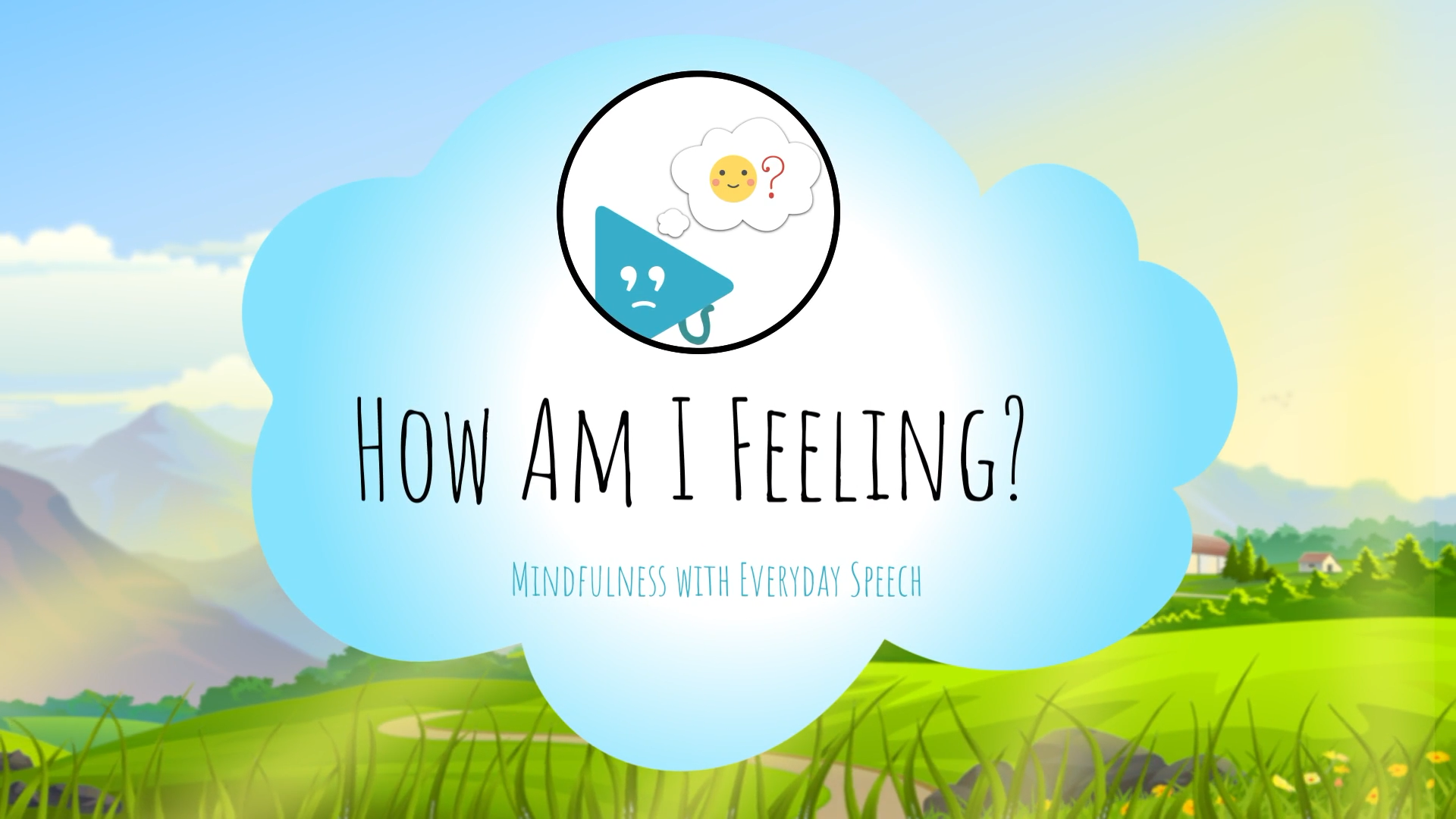
Introduction
As educators, we often encounter situations where students struggle with their emotions. Helping them understand and manage their feelings can be a challenging task. This blog post focuses on guiding students to recognize when their emotions are starting to escalate and provides strategies to calm down before they become too overwhelming. By incorporating principles of Social-Emotional Learning, we can empower students to take control of their emotions and deal with them effectively.
No-Prep Activity
This activity requires no preparation or materials from the educator and can be performed in the classroom. It encourages students to notice changes in their emotions and practice calming strategies.
- Ask students to sit comfortably and close their eyes.
- Guide them to think of a situation that makes them feel sad, angry, or nervous.
- Ask them to pay attention to how their body feels and what they are thinking.
- Allow a few moments for students to process their emotions.
- Introduce calming strategies such as deep, slow breaths, taking a brain break by calmly walking to a different part of the room, or tensing and relaxing their muscles.
- Ask students to think of the same situation that triggered their emotions and apply the calming strategy they have chosen. Encourage them to notice how their feelings begin to shrink.
This activity helps students practice recognizing the onset of their emotions and applying appropriate calming strategies in response.
Discussion Questions
Use these questions to stimulate further discussions among students about understanding and managing their emotions:
- How did it feel to recognize the changes in your emotions during the activity? Was it easy or challenging?
- Which calming strategy worked best for you? Why do you think it was effective?
- Can you think of a real-life situation where you could use these calming strategies to manage your emotions?
- How might understanding and managing our emotions help us in our relationships with others?
- What other strategies can we use to cope with strong emotions?
Related Skills
In addition to recognizing and managing emotions, students can benefit from developing other relevant skills, such as:
- Empathy: Understanding and sharing the feelings of others.
- Active listening: Paying full attention to the speaker and showing genuine interest in understanding their message.
- Conflict resolution: Effectively addressing and resolving disagreements or misunderstandings.
- Assertiveness: Expressing one’s thoughts and feelings in a respectful and confident manner.
Next Steps
To help your students further develop their emotional awareness and self-regulation skills, consider exploring more resources and activities. Sign up for free samples of the discussed skill and others at Everyday Speech, and continue incorporating Social-Emotional Learning principles into your teaching practice.

